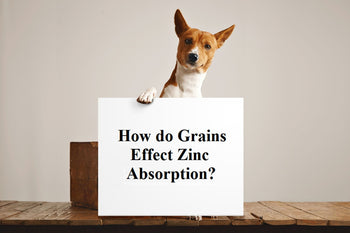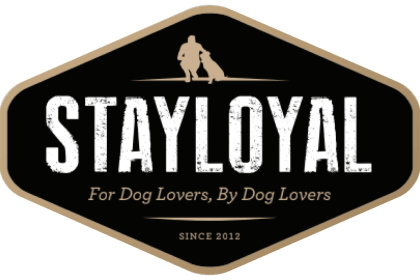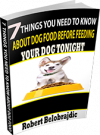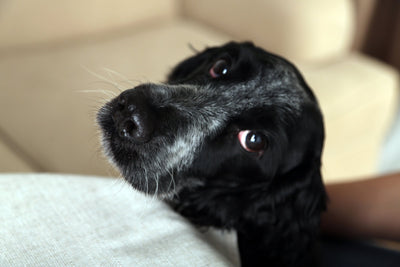How do Grains Effect Zinc Absorption?

Zinc deficiency in dogs is more common than we think and it can cause many health issues.
While a dog can get zinc toxicity, this is rare. Far more common is deficiency. Zinc deficiency can be caused by either a dog’s food not having enough Zinc or by the dog’s body not being able to absorb the Zinc properly.
Zinc deficiency is common because the body can’t store zinc, it needs a constant supply.
Certain breeds are more prone to Zinc deficiency because they have more trouble absorbing it than the average dog. At the top of the list are northern breeds such as the Siberian Husky and the Malamute. Other breeds that are also more likely to have trouble with zinc deficiencies are:
· Giant breeds, including Great Danes and Saint Bernards
· Dobermans
· Beagles
· German Shepherds
· German Shorthaired Pointers
· Bull Terriers
· Poodles
These breeds may need more zinc than regular breeds to stay healthy, for the northern breeds especially true. The Siberian Husky Club of Great Britain recommends 25mgs of Zinc per 22kg of dog weight.
WHAT DOES ZINC DEFICIENCY DO?
Zinc is required for the production of over 300 enzymes, structural proteins and hormones within the dog’s body. It also supports the immune system, improves antibody response, regulates white blood cells and protects the liver from heavy metal and copper damage. Zinc helps keep the skin and coat healthy and aids in digestion. It also works with copper, B-vitamins, Vitamin A, calcium and phosphorus in many bodily functions. Zinc even plays a role in DNA and RNA replication!
So, when a dog has zinc deficiency (your vet may diagnose it as zinc responsive dermatosis because it manifests as a skin condition) many parts of their body can be affected. Symptoms include: hair loss and scaling and crusting of the skin, especially around the face, head and legs. Dogs may develop sores around the mouth, chin, eyes and ears. Foot pads may also be affected. These dogs are often lethargic, anorexic and prone to secondary infections due to a weakened immune system. If they are a puppy, their growth can be stunted. Breeding dogs may not be successful if one of the dogs is deficient in zinc.
It’s clear zinc is important to your dog’s health – the problem? Studies have found that only 5-40% of the zinc entering a dog’s body through food is absorbed.
BEST SOURCES FOR ZINC
The best sources for zinc in a dog’s diet are meat (including fish) and bone. So those weekly meaty bones we suggest for your dog are PERFECT to help make sure you are giving your dog enough zinc. Fish meal has 157 mg/kg and meat and bone meal have 101 mg/kg
GRAINS ARE YOUR ENEMY WHEN IT COMES TO PROPER ZINC ABSORBTION
On the other hand, grains (including wheat, corn and soy) are not only low in Zinc – wheat only has 20 mg/kg, corn 13, and soy meal 57.9 – but they also inhibit zinc absorption in the body. Plants contain “phytate” which binds to zinc and doesn’t allow it to absorb. Fiber, also found in plants, can have a similar affect. If your dog is getting canned pumpkin for digestive issues, you may need to also add a zinc supplement if your dog is going to be on the pumpkin for a long time.
Since dogs already have trouble absorbing Zinc, It is best to feed a grain-free diet, so you are not making matters worse.
Finally, excess calcium can also bind to zinc. So imagine if you are giving your giant breed puppy too much calcium. Not only will the calcium have severe side-effects, but now you are also causing a zinc deficiency in your dog as well.
Knowing about the importance of Zinc and what a deficiency looks like can help you if your dog is not feeling well. You can get zinc from the chemist or supermarket for humans. The dosage rate is 5mg per kg bodyweight per day. So, a 20kg dog can have up to 100mg of zinc per day. Feed the zinc in the evening a few hours after the meal.
Stay Loyal Chicken, Lamb, Fish formula already has over 200mg/kg of Zinc. This is more than enough for the average dog, however some dogs with deficiencies will need more. It’s best to consult your vet if you suspect a Zinc deficiency.








